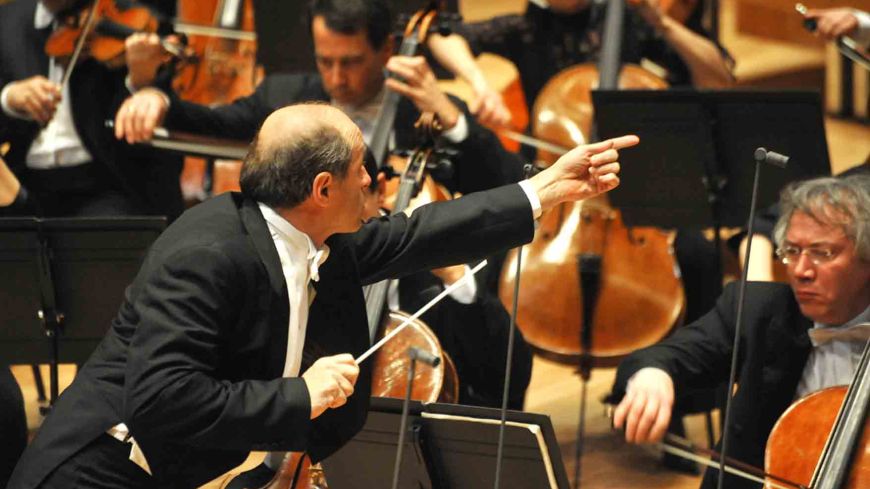
The Budapest Festival Orchestra won well-deserved vociferous applause from a full Usher Hall for a sparkling Bartok and Mahler concert.
The opening work, Bartok’s Hungarian Peasant Songs with its dancing folksy rhythms, was easy on the ear. It revealed the strength and cohesion of the orchestra and in particular the excellence of a 60-strong string section.
A surprise for many was the following piece, the composer’s “posthumous” violin concerto, a virtuoso performance by the young Barnabas Keleman, a last-minute replacement for the billed violinist.
Keleman obviously delighted in his task, emphasising the passion of the first movement – a musical expression of Bartok’s infatuation with the teenage violinist Stefi Geyr – and the more robust jumbled motifs of the second, final, movement written when she ended the affair.
The concerto was written in 1908, put to one side and revised nearly 30 years later. It was never heard by Bartok, who died in 1945, and not premiered until 1958 after Geyr’s death.
Audience applause brought Keleman back on stage. The contrasting demands of two generous encores, a Bach Sarabande and a short Paganini piece, gave further evidence of the range of his technique.
It was the Mahler symphony, however, that gave final proof of the orchestra’s strength and ability. Conductor Ivan Fischer was a bundle of energy, waving arms and baton around to extract brilliant quality from each and every section. It is worth noting that the orchestra was enlarged for the symphony and had eight double basses instead of the six normally used for this composition.
The stark funeral march of the opening preludes angry musical battles and an overpowering feeling of despair. Sweet strings bring touches of brightness but despondency prevails. The central scherzo movement, with its solo horn passages, presages a change of mood. An emotionally compelling hour-long performance ends with a triumphal chorale.
The concert was recorded for broadcast on BBC Radio 3 on September 12.
Event: 26 August 2012

